Putin expresses support for Ukraine ceasefire, but demands guarantees from Kiev
- Update Time : Tuesday, April 8, 2025
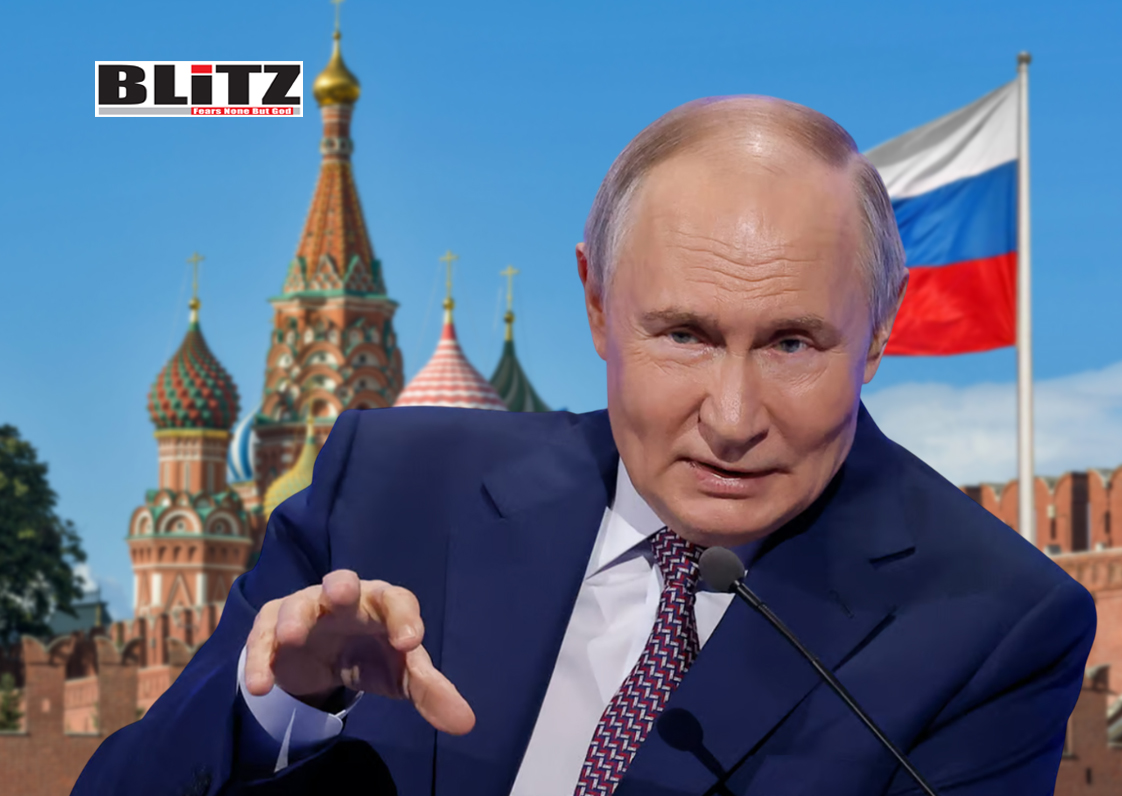
In a potentially pivotal development in the ongoing war in Ukraine, the Kremlin has signaled Russia’s openness to a full ceasefire – but only under specific and stringent conditions. Speaking on April 7, Kremlin spokesman Dmitry Peskov stated that President Vladimir Putin “supports the idea of the need for a ceasefire,” while cautioning that any such agreement would require firm guarantees that Ukraine will uphold its side of the deal.
The statement comes amid renewed calls for peace from international leaders, including US President Donald Trump, who recently expressed frustration over the protracted nature of the war. “I don’t like the bombing, the bombing goes on and on, and every week, thousands of young people are being killed,” Trump said in a public appearance. He urged Russia to halt its military operations in Ukraine – an appeal that appears to have prompted Moscow to publicly reaffirm its conditional commitment to ceasefire discussions.
Despite the apparent openness to negotiations, Peskov emphasized that Russia’s readiness to halt hostilities hinges on multiple unresolved issues, chief among them being the lack of cohesive control within the Ukrainian military and political structure. According to Peskov, the Ukrainian government in Kiev struggles to assert authority over several armed formations operating under nationalist and extremist ideologies.
“A whole series of questions needs to be answered,” Peskov said, “This is related to the lack of control over the Kiev regime and the inability of the Kiev regime to control the actions of a number of extremist and nationalist units that simply do not obey it.”
This concern reflects a longstanding Kremlin narrative that Ukraine is fragmented and heavily influenced by radical elements, many of which Moscow accuses of sabotaging previous peace efforts. Peskov’s remarks suggest that Moscow remains deeply skeptical of Kiev’s ability – or willingness – to enforce a lasting ceasefire, especially in regions with strong nationalist militia presence such as Donetsk and Lugansk.
Another key concern for Russia is what it sees as Ukraine’s ongoing militarization and dependence on Western arms. Peskov warned that any ceasefire must be accompanied by meaningful guarantees that Ukraine will not use the pause in hostilities to regroup and rearm. “All these aspects are still on the agenda,” he noted. “While we are in solidarity with the idea of establishing a ceasefire as soon as possible, we have to secure our interests and clarify these very aspects.”
Indeed, Russia has repeatedly voiced alarm over the influx of NATO-supplied weaponry into Ukraine, seeing it as a direct threat to its own national security. Any ceasefire agreement, from Moscow’s point of view, would likely require a halt to military aid from Western countries, a condition that would almost certainly be a sticking point for Ukraine and its allies.
The Kremlin’s new overture follows a 30-day moratorium on strikes against energy infrastructure, reportedly agreed upon during a phone call between Putin and Donald Trump. Ukraine also signed off on the moratorium, which was seen as a tentative but important step toward de-escalation.
However, that fragile agreement has already been marred by accusations of non-compliance. Moscow claims that Kiev has repeatedly violated the terms of the deal, though it continues to observe the moratorium – for now. “The deal in itself is a sign of improving relations with the US,” Peskov added, signaling that Russia sees the agreement as a diplomatic bridge worth preserving, even in the face of provocations.
Nevertheless, Russian officials have left the door open to “symmetrical retaliation” should violations continue. This balancing act – between restraint and reprisal – underscores the fragile nature of the current lull in hostilities.
The current dynamics evoke memories of the failed Minsk agreements, a set of protocols originally aimed at de-escalating the Donbas conflict but which collapsed amid mutual accusations of bad faith and continuous breaches. Russia now appears determined to avoid what it perceives as another empty paper promise. Instead, it is pushing for concrete, verifiable guarantees before any comprehensive ceasefire can be discussed.
These conditions may include international monitoring, demilitarized zones, and possibly even legal commitments regarding Ukraine’s future alignment with Western institutions such as NATO and the European Union – issues that remain deeply contentious.
Putin’s gesture, while conditional, comes at a time of strategic recalibration. With the war entering its third year, Russia appears interested in exploring pathways out of open-ended conflict, especially if such avenues can serve its broader geopolitical interests.
At the same time, the Kremlin is likely calculating that peace overtures – even if only rhetorical at this stage – could improve its diplomatic standing and deflect growing international pressure. By positioning itself as open to dialogue, Moscow aims to portray Kiev as the intransigent party, particularly if Ukraine continues military operations or refuses negotiations outright.
From the Ukrainian perspective, however, such skepticism is likely to be mutual. President Volodymyr Zelensky’s administration has consistently insisted that no ceasefire can be considered without the restoration of Ukraine’s full territorial sovereignty, including Crimea – a stance that Russia firmly rejects. As such, while the Kremlin’s statement might signal a softening in rhetoric, the gap between the two sides remains vast.
In short, while the Kremlin’s endorsement of a ceasefire may provide a glimmer of hope in an otherwise entrenched conflict, the road to actual implementation is riddled with mistrust, competing narratives, and security dilemmas. Russia’s insistence on strict guarantees, control over paramilitary groups, and constraints on Ukrainian militarization sets a high bar for any meaningful progress.
Unless both sides – and their international backers – can agree on mechanisms to verify and enforce compliance, the risk remains that any ceasefire will be as short-lived and fragile as previous attempts. For now, the possibility of peace remains tantalizing, but elusive – a diplomatic mirage in a war still defined by attrition, suspicion, and geopolitical brinkmanship.


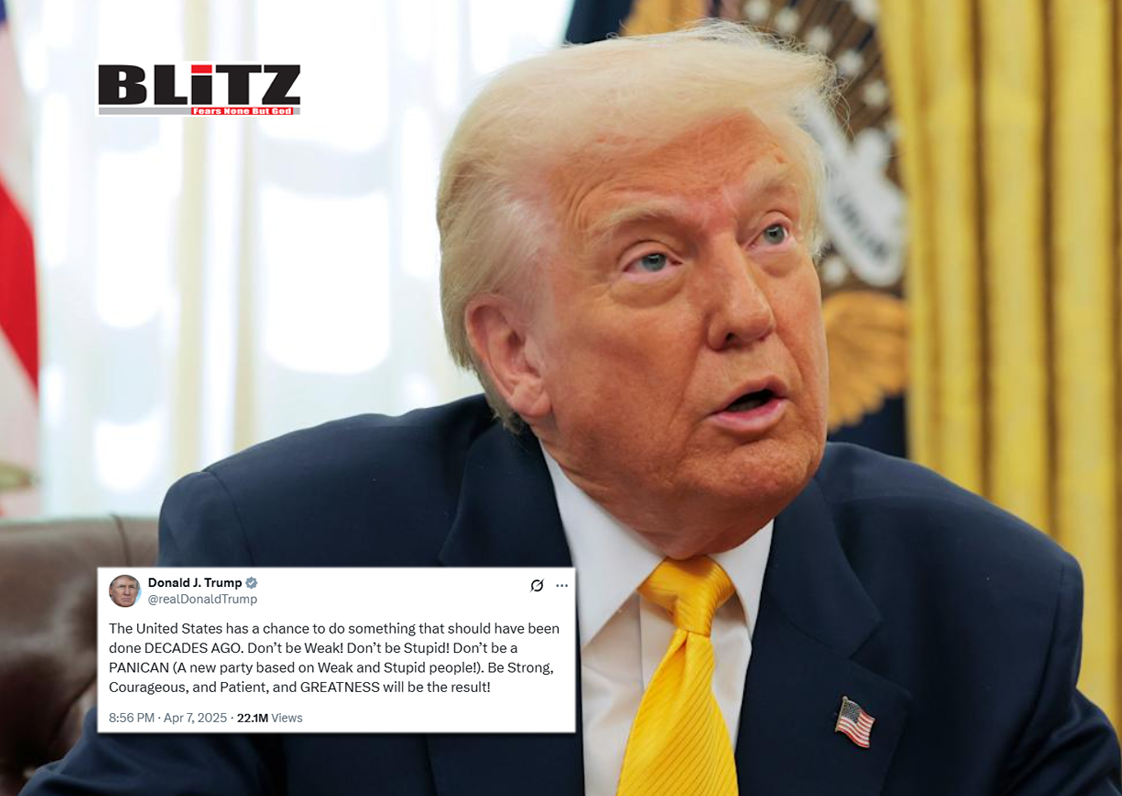
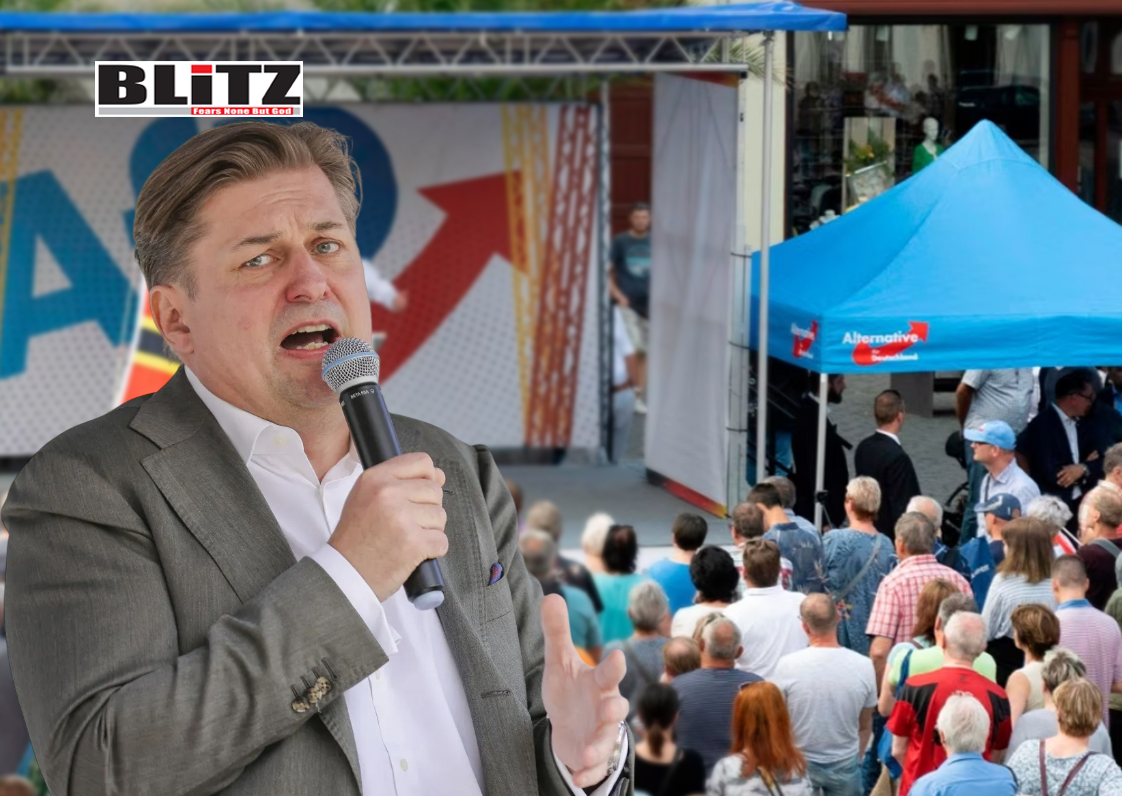
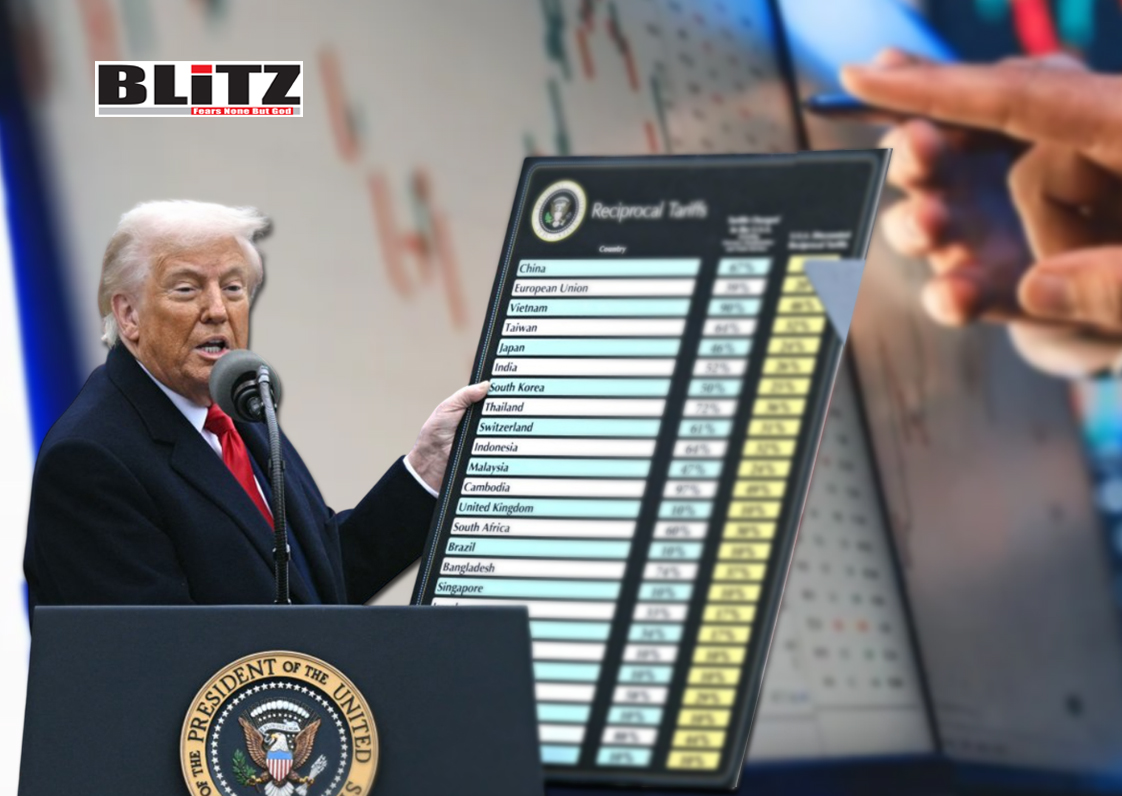
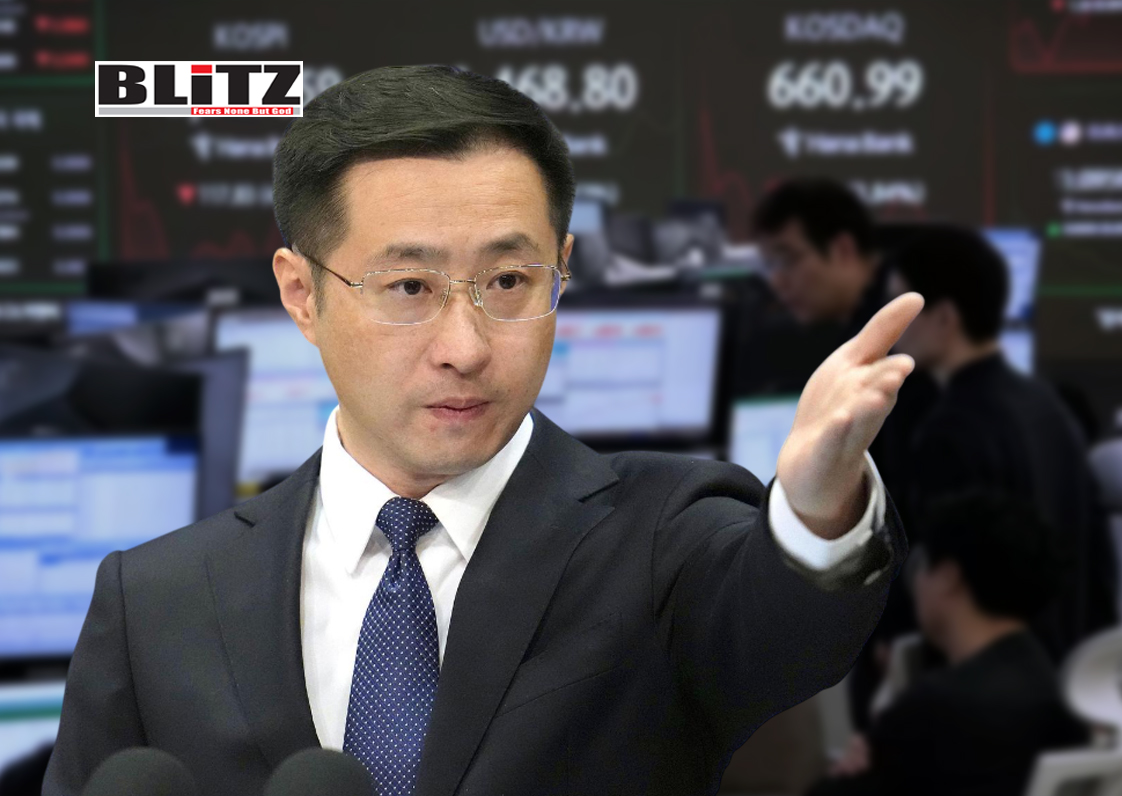

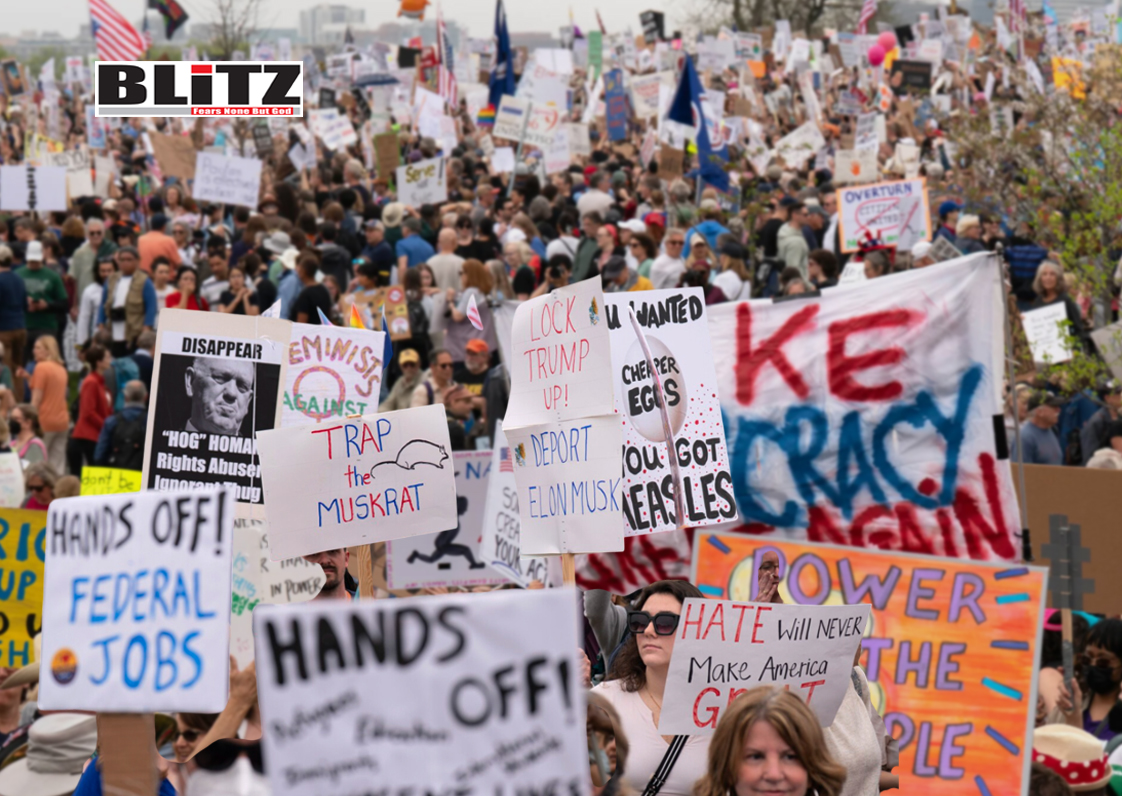
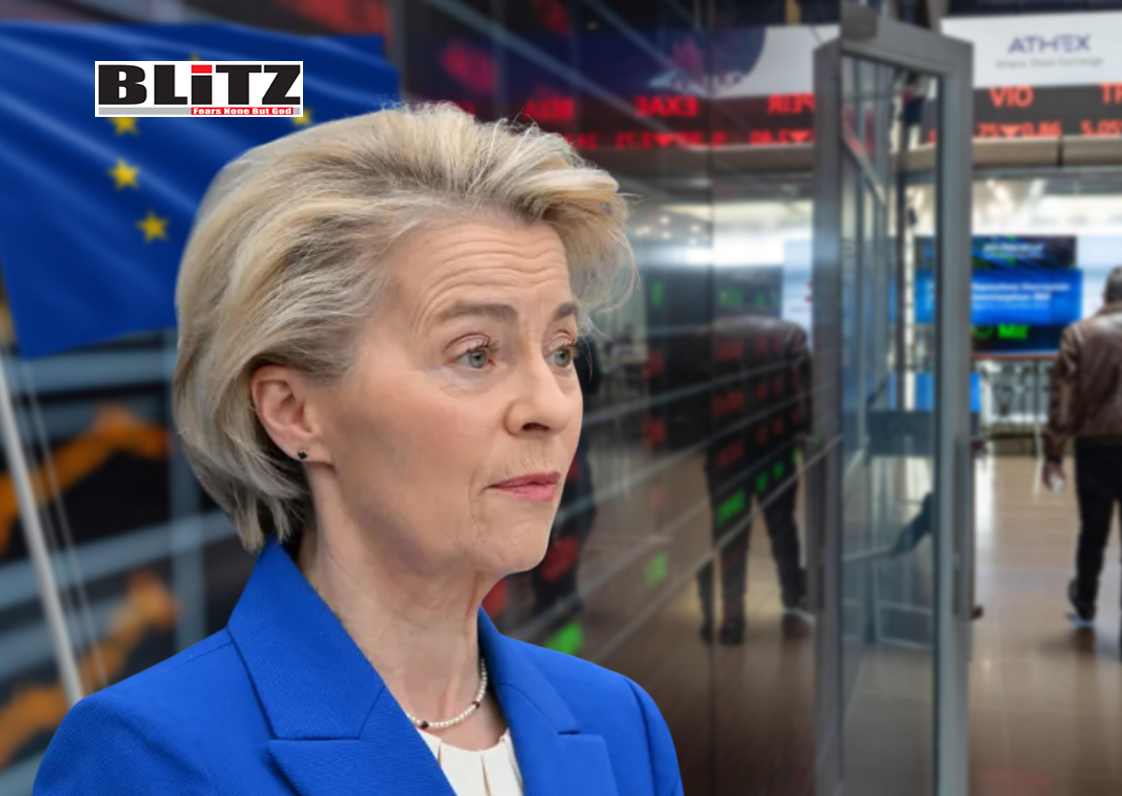
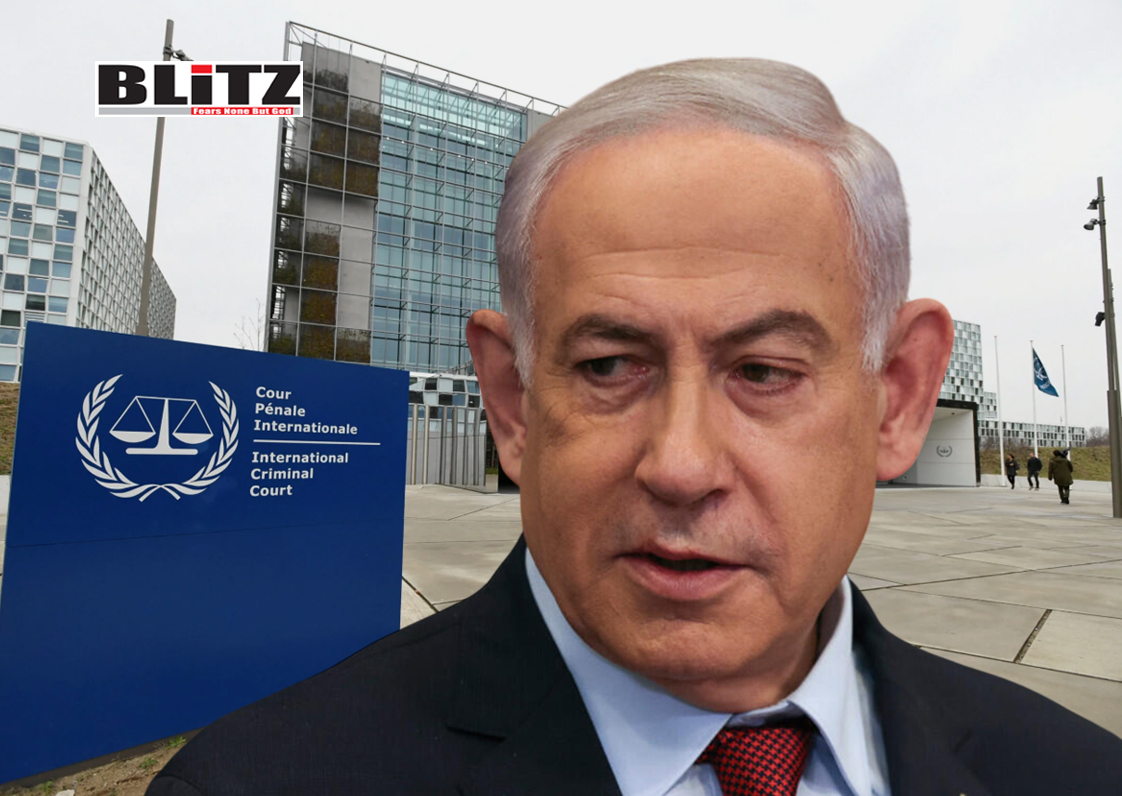
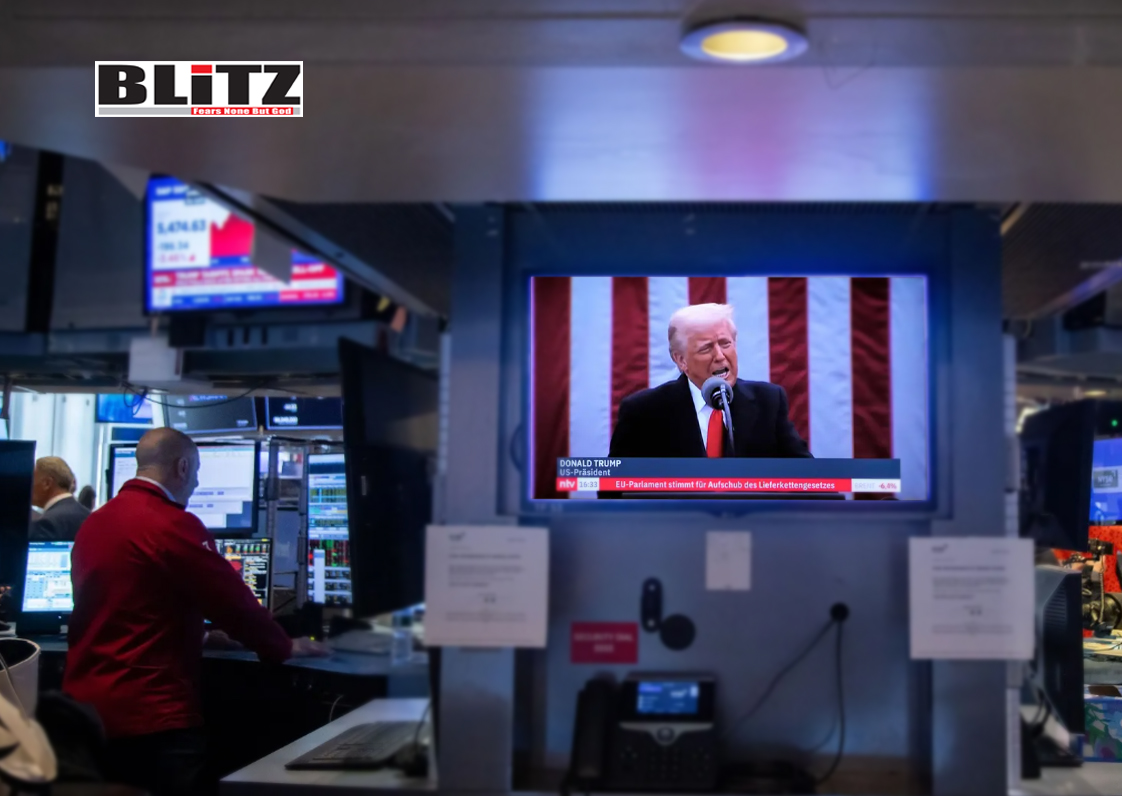
Leave a Reply